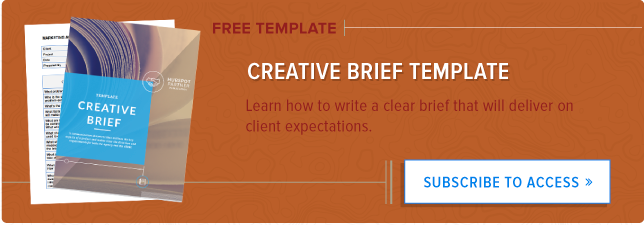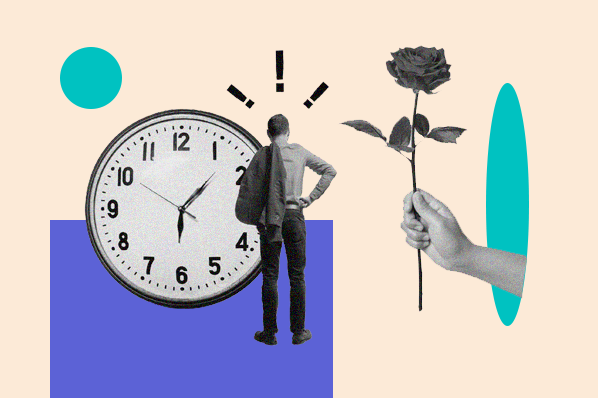
Get a martini or two in me, ask me why my second marriage ended in failure, and I will say three words: “Lack of trust.”
When I began in this business, I didn’t give a damn about trust; I thought instead of the work. To me, and to the other people who shared my view, there is an unwavering belief that the only thing that really matters is the work.
Great work makes everyone want to be a part of the agency. Great work commands a price premium. Great work wins business.
If you do great work, everything else will take care of itself, including the relationships they build with clients. When I joined the advertising business as an account person, that’s pretty much what I thought.
There’s just one problem with this view: it’s wrong.
Great work does not shield you or your agency from client loss. You can do great work and still get fired.
My former agency, Ammirati & Puris, did great work for BMW. The agency wrote the line, “The ultimate driving machine,” which endures to this day. BMW kept the line, but they didn’t keep the agency.
Ammirati & Puris is not alone. TBWA/Chiat Day did great work for Taco Bell. It’s no longer Taco Bell’s agency. Deutsch did great work for Ikea. It’s no longer working with Ikea. BBDO did great work for Charles Schwab. It’s no longer Schwab’s agency.
You can make your own list. It will probably be longer than mine. So what went wrong? We know it wasn’t the work. The work was great.
Then I thought about all the agencies whose work fell short of the mark yet somehow managed to hold on to the business. One of the best examples is Fallon and United Airlines.
After Fallon won the United business, it launched the “Rising” campaign. Wrong message, wrong time. People knew travel was hell; they were tired of the empty promises most airlines made. Yet the “Rising” ads clung to notions of romanticism that every savvy traveler knew to be false.
Not surprisingly, the campaign met uniform criticism. Fallon is a terrific agency, but this was bad advertising.
So bad, in fact, that you would think United would have gone searching for another agency. But they didn’t. They stayed with Fallon until Fallon got it right.
Why was that? One report claimed that the close personal relationship between Pat Fallon and United’s chairman kept the agency in good graces, even when its work was far from stellar.
What went right? We know that it wasn’t the work.
I used to think that great work would lead to a great relationship. Now I think the opposite: a great relationship leads to great work. The reason is pretty simple.
Great work entails risk. Most clients do not want to take risks; they prefer a safe retreat into the world of the merely good or, worse, the dismissively average. Still, if they are going to take that risk, they are much more likely to do so with agency people they trust. And trust is the very foundation of a great relationship. And that’s why I say a great relationship leads to great work.
Think of it as a perfect three-legged stool, or what my colleague Elizabeth Furze -- she’s managing partner at New York agency AKA -- calls “the trust triangle”:

My colleague Tim Pantello says account people “need to be second best at everything they do,” meaning they need to be nearly as good as the specialists in addressing client and colleague concerns.
It means your job, if you’re in account management, is a bit harder and a whole lot more important than it used to be. There are no suits, no bag carriers, and no order takers. Instead, there are problem solvers, idea generators, and client-relationship builders.
As things grow more complex, with needs evolving and business mutating in ways impossible to predict, account management is not less important and marginal; it is more important and essential. Agencies need it, and colleagues -- writers, art directors, planners, project managers, production people -- depend on it. Clients demand it, and the reality is, you can’t build great work without first building a great relationship with them.
Our mission must be to clearly define our role, execute better, communicate better, generate more ideas, and manage client expectations wisely. If we do these things well, we will build enduring, trust-based relationships with our clients. Relationships built on trust will lead to the best possible work. And that is what drives and inspires all of us every day.
Excerpted with permission of the publisher, Wiley, from The Art of Client Service: The Classic Guide, Updated for Today's Marketers and Advertisers, 3rd Edition by Robert Solomon. Copyright (c) 2016 by Robert Solomon. All rights reserved. This book is available at all booksellers.










